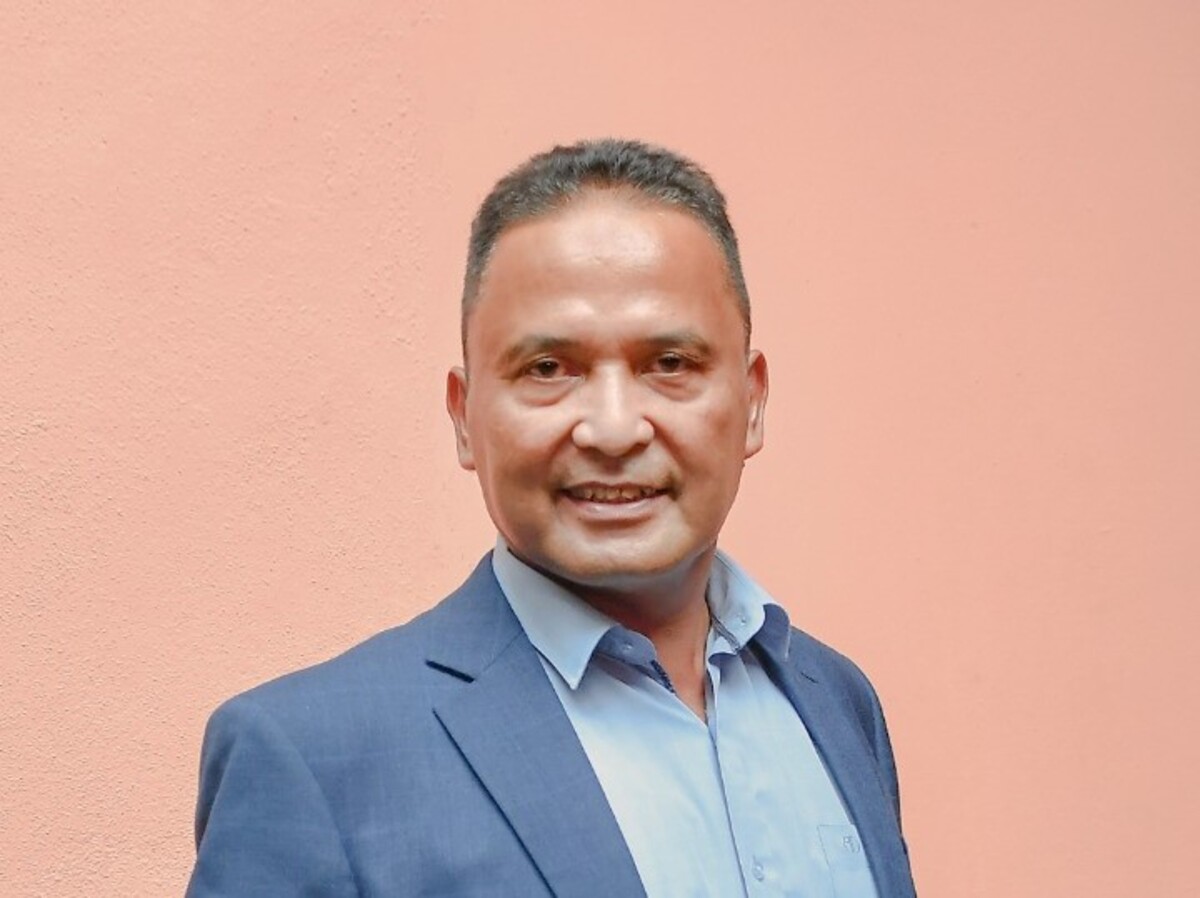KUALA LUMPUR, Oct 21 – A substance harm reduction group today criticised caretaker Health Minister Khairy Jamaluddin for using a swear word in dismissing the use of vape as a less harmful alternative to smoked tobacco.
The Advanced Centre for Addiction Treatment Advocacy (Acata) – which describes itself on its website as a non-governmental organisation led by medical professionals that promotes harm reduction policies for substance use like drugs and tobacco – said the potential of vape in reducing smoking has been scientifically proven and well documented internationally.
“Any elected leader must have an open mind and not rudely dismiss and discard scientific-based evidence,” Acata president Dr Arifin Fii said in a statement.
At the launch of the Ministry of Health’s (MOH) clinical practice guidelines on the management of e-cigarette or vaping use-associated lung injury (Evali) yesterday, Khairy said promoting vape as tobacco harm reduction for minors was “BS” because “they are not supposed to be smoking in the first place”.
The health minister was responding to the Malaysia Society for Harm Reduction (MSHR) that said the government’s proposed generational end game (GEG) should not be incorporated into the Control of Tobacco Product and Smoking Bill 2022, until it is reviewed and revised with scientifically backed harm reduction principles, such as allowing the use of e-cigarettes or vape as an alternative to smoked tobacco like cigarettes.
“His statement is careless and shows a nonchalant attitude about harm reduction, which has been proven to work in managing addiction. In Malaysia, harm reduction has also been deployed and a case in point is the use of methadone to manage opioid addiction,” Acata said.
“Such negative comments are not only offensive, but also invalidate the work that has been done by thousands of harm reduction experts in Malaysia and all over the world.”
New Zealand, which was the first country to propose a generational tobacco ban last December, does not include vape or e-cigarettes in its planned prohibition of the sale of smoked tobacco products to the next generation.
Health authorities in New Zealand state that “vaping is not harmless, but it is much less harmful than smoking”, while urging people not to vape if they do not smoke and to only use e-cigarettes to quit smoking.
While Khairy opposes permitting those born from 2007 from buying vape or e-cigarettes – on the basis that future generations “are not supposed to be smoking in the first place” – MOH’s own National Health and Morbidity Survey (NHMS) 2019 includes smokers aged 15 to 17 in its tracking of adult smoking rates.
The NHMS 2019 also found that 17.4 per cent of those aged 13 to 15 currently smoke. Nearly one in 10, or 9.2 per cent, of boys and girls aged 12 and younger smoke. The current legal age for smoking in Malaysia is 18.
“The fact that the caretaker health minister has rubbished suggestions to exclude vape, a harm reduced product, from the proposed generation end game (GEG) means it will set dangerous precedence for other forms of harm reduced products. Going by the same logic, there is danger that the nicotine patch and gum can also be included under GEG,” Acata said.
The harm reduction group also disputed MOH’s assertion that regular use of vape causes Evali, stating instead that the lung disease is linked to the misuse and abuse of prohibited substances with vape.
Acata cited findings from health authorities in the United States, which first reported Evali cases in 2019, that Evali was linked to the addition of vitamin E acetate and THC, the psychoactive compound in marijuana, into vape liquids.
The US’ Food and Drug Administration (FDA) said in 2020 that the use of THC-containing e-cigarette or vaping products was linked to most Evali cases and played a major role in the outbreak. Vitamin E acetate, said the FDA, was not found in the lung fluid of people that did not have Evali, although the agency cautioned there was insufficient evidence to rule out the contribution of other chemicals in either THC or non-THC products in some reported Evali cases.
“The fear-mongering tactics which have been employed by the Ministry of Health are disappointing and need to stop. The Clinical Practice Guidelines (CPG) on the management of Evali should also be corrected as it is an embarrassment to see Malaysia to be the only one in the world linking wrong facts on Evali,” Acata said.
Khairy failed to table the tobacco bill for second reading and debate in the last Dewan Rakyat meeting before Parliament was dissolved last October 10. In the previous July Parliament meeting, MPs across the aisle had raised concern about excessive enforcement powers under the bill and constitutional issues with the GEG.








